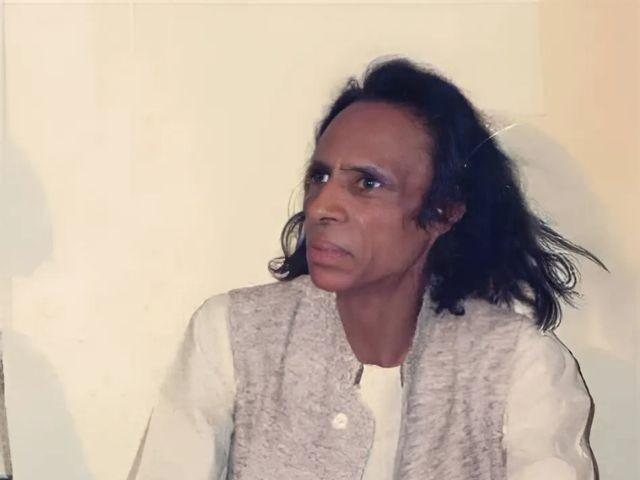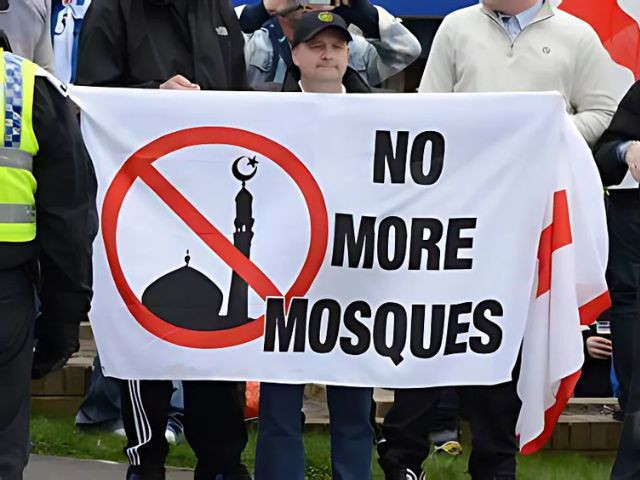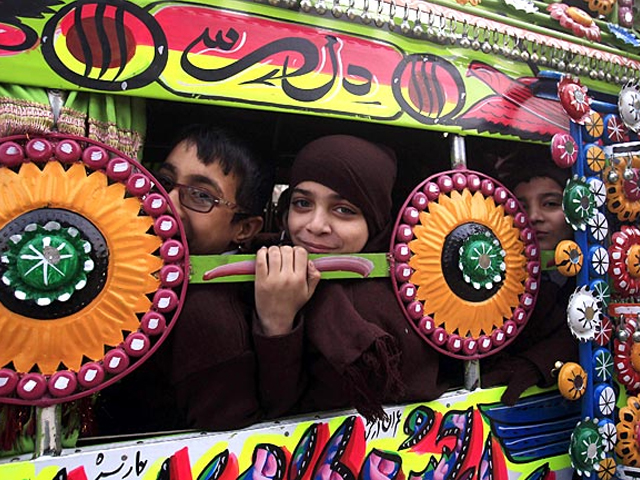
Sad-Posting in The Urban City: A Look At Jaun Elia’s Rising Popularity Among Desi Youth
An undeniable literary giant in the Urdu speaking world, Jaun Elia was a poet whose legacy precedes him. Whether you admire him for his provocative, existential utterances and fevered delivery style, or criticise his deeply turbulent personal relationships, it’s difficult not to have an opinion about the prolific writer whose tormented voice continues to haunt the crowded streets of Karachi over twenty years after his demise.
گلہ ہے اک گلی سے شہر؍ دل کی
میں لڑتا پھر رہا ہوں شہر بھر سے
Born on December 14 1931 in the small town of Amroha, Uttar Pradesh, Elia grew up in a family renowned for its intellectual and scholarly prominence.
Forced to leave his hometown in 1957, he unwillingly migrated to Pakistan and began his literary and intellectual pursuits in Karachi where he eventually died a migrant on November 8, 2002, but not before making a name for himself as an active figure in the world of Urdu poetry and intellectual thought.
Jaun Elia’s poetry has long been known for its deep philosophical themes and raw emotional intensity. His verses, filled with musings on existential despair, romantic longing, and the futility of life, speak to a generation that is increasingly disillusioned by the pressures of modern society.
His themes of alienation, discontent, and the search for meaning resonate deeply with today’s youth, who are overwhelmed by the complexities and demands of contemporary life as they grapple with their place in an ever-changing world.
دل کی تکلیف کم نہیں کرتے
اب کوئی شکوہ ہم نہیں کرتے
How does an art form that is generally regarded as “high brow” break free from its sophisticated literary confines and gain mass popularity among an urban youth burdened by financial insecurity and disillusioned with the elitism of the classical literary arts?
In a word: memes.
With the rise of social media, Jaun Elia has seen a resurgence in popularity, making his rich, existentially charged philosophy accessible to millions of Urdu-Hindi speaking youth around the world. His poetry is no longer confined to traditional print media but has found a dynamic presence in digital spaces.
With the advent of affordable smartphones and data plans, young people now have easy access to a wealth of Urdu poetry and are encountering Jaun’s verses as oral, performative forms, much as Urdu poetry was historically intended to be enjoyed.
This online accessibility, particularly through mushaira recordings from the 1980s and 1990s, has vastly increased his exposure.
These recordings not only showcase his poetic mastery but also his charismatic performance style, where his emotional delivery and theatricality captivate listeners.
The oral nature of these recitations, combined with the raw emotionality of his work, makes Elia's poetry particularly engaging in the digital age, where young people are increasingly drawn to spoken word and performance-based art.
Through the widespread availability of this content, Elia has become a symbol for the disillusionment and alienation that pervades the lives of urban youth in sprawling cities like Karachi, Lahore, and New Delhi. Memes and short-form videos featuring snippets of his poetry have further solidified his status as an icon among youth.
A powerful line from his ghazals or his poignant reflections on life’s inherent sadness often make their way into digital spaces, shared widely across Instagram, Facebook and TikTok.
میں رہا عمر بھر جدا خود سے
یاد میں خود کو عمر بھر آیا
These short bursts of emotional depth, presented in visually engaging formats, resonate with the youth who are accustomed to consuming flashy, fast paced content.
The accessibility of his work, in both visual and textual forms, has made Jaun Elia a ubiquitous figure on social media feeds, allowing his poetry to reach young people who might not otherwise engage with the full scope of his literary corpus.
However, the focus on Jaun Elia’s dramatic performance style often diminishes the intellectual depth that underpins his poetry. Jaun was not merely a poet; he was first and foremost a scholar, philosopher, and translator.
His intellectual pursuits spanned a wide array of subjects, from Greek philosophy and pre-Islamic poetry to Islamic history, medieval Islamic philosophy, German Idealism, and twentieth-century world literature. Despite his significant contributions to intellectual thought, much of his scholarly work remains obscure, with only a select few in his circle aware of its contents.
نہیں دنیا کو جب پروا ہماری
تو پھر دنیا کی پروا کیوں کریں ہم
Despite this, what makes Jaun Elia particularly appealing to urban youth is his portrayal of modern life's disillusionment. Karachi, a city marked by rapid urbanization, social unrest, and a sense of existential despair, provides a backdrop that aligns with Elia’s own reflections on modernity.
In a world where everything seems ephemeral—relationships, jobs, and social connections—Jaun Elia’s poetry offers a sense of shared solitude.
For many young people, Elia’s verses are a mirror reflecting their own personal struggles with identity, meaning, and belonging in the face of alienation in a sprawling metropolis.
ایک ہی حادثہ تو ہے اور وہ یہ کہ آج تک
بات نہیں کہی گئی بات نہیں سنی گئی
As cities like Karachi become increasingly crowded and disorienting, Elia’s poetry continues to provide a voice for the urban youth, offering both solace and reflection in a world that often feels fragmented and overwhelming.



COMMENTS
Comments are moderated and generally will be posted if they are on-topic and not abusive.
For more information, please see our Comments FAQ